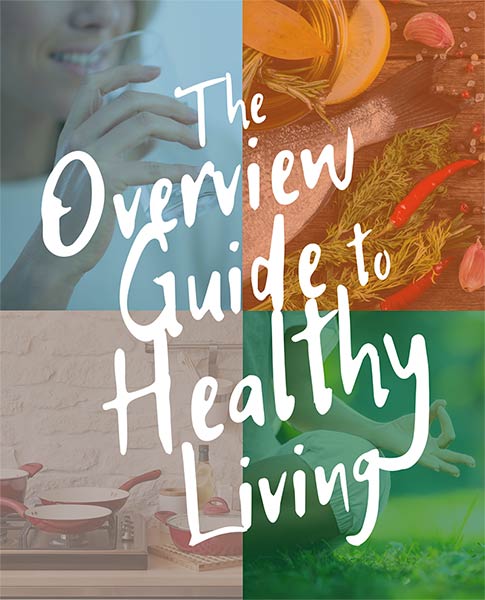To sprout or to ferment? That is the question. In the 1930s, Dr Weston A. Price, a dentist from Cleveland, Ohio, traveled the world in search of the perfect diet. His amazing journeys took him into the wilds to seek out people “who were living in accordance with the tradition of their race and as little affected as might be possible by the influence of the white man”.
Wherever he found them, from the Swiss Alps to the Arctic, from the Polynesian atolls to Australia, they were a “picture of superb health”: they had superb physiques, perfect teeth, no arthritis, no degenerative diseases, and they were cheerful, happy, hardy folk. He also found that when members of these isolated groups changed their dietary traditions for “foods of commerce” a catastrophic health decline would soon arise.
He found it took only one generation of eating industrialized food to destroy health and immunity. The diets of the “primitive people” he studied varied greatly, but they had some commonalities: they all contained no refined or denatured foods; used some type of animal products, with some raw. The diets were four times as high in calcium and other minerals, and encompassed 10 times the amount of fat-soluble vitamins as the modern diet. Every diet included foods with high enzyme content. Seeds, grains, and nuts were soaked, sprouted, fermented, or naturally leavened.
Fat content varied from 30 – 80% of total calories (only four percent from polyunsaturated fatty acids). They all contained nearly equal amounts of omega-6 and omega-3 fatty acid. They contained some salt and made use of bones, usually as broth. I am going to discuss each topic separately. So stay tuned for more articles! Here I want to explain why it is important that we properly prepare our grains, nuts, seeds and beans by soaking them and sprouting them. I also want to explain when one method is preferable to the other.
Nuts, grains, and legumes are all seeds (and here I will refer to them as seeds). Nature has provided seeds with protective mechanisms to keep them safe from predators until conditions are desirable for germination. For example, seeds are difficult to digest in order to facilitate seed dispersal – the animal that eats them carries them away, and then ‘drops’ them right into a pile of ‘fertilizer’. But in order to pass through the gut intact, they must be indigestible.
In addition to this, seeds need to remain secure until they are able to sprout. Enzyme inhibitors and other anti-nutrients maintain this stability keeping the seed dormant until it is time to sprout. Soaking seeds initiates germination, deactivates anti-nutrients, and increases enzymatic activity. Phytic acid is deconstructed and inhibitors are neutralized. The acid medium used in the soaking process breaks the bonds that bind important minerals, making them bioavailable.
We can say that soaking begins to predigest the seeds. The difference between soaking and sprouting is time. Deciding between soaking and sprouting will be based on your digestive fire. Some people do well with soaked seeds, others need to sprout them in order to further reduce anti-nutrients and make them even more digestible. Sprouting increases the seeds’ nutritional profile even more than soaking.
Sprouting still begins with an overnight soak in saltwater or water and other acid medium, but can continue for 1-3 days more (depending on how long that particular seed takes to sprout). You will know when the time is up when you can see the sprouts growing.
Only truly raw nuts, beans, and seeds will sprout, so check your sources well. In California there is a mandatory pasteurization process for nuts, so even though they are sold “raw”, they are not truly raw and will most likely not sprout.
I buy raw nuts and seeds in bulk from Wilderness Family Naturals.
Wilderness Family Naturals is a great company that sells much more beyond raw seeds. It is a lifesaver for those who cannot dedicate much time to prepping (soaking, sprouting, dehydrating, making mayo, etc).

While soaking wheat berries for my cat, they have a sour smell and foam on top of the water. Are these berries ok to plant and for my cat to eat?
Is there more to this piece? I was hoping you would explain the difference between and when to use sprouting bs fermenting